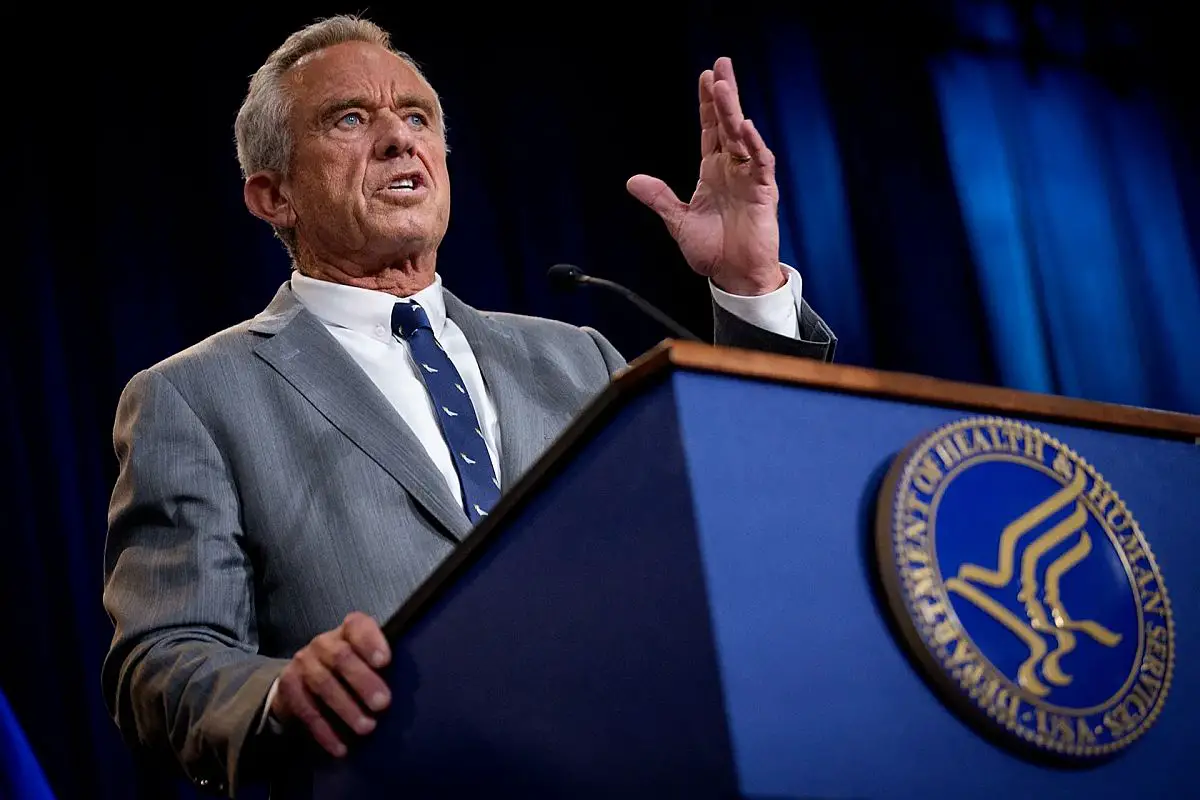Robert F. Kennedy Jr. has wasted no time taking a hammer to the bureaucracy at the nation’s top health agencies. Since stepping in as Health and Human Services Secretary, he’s made clear his goal is nothing short of tearing down a bloated system and rebuilding it around his “Make America Healthy Again” agenda.
Supporters see Kennedy as a reformer finally willing to take on an agency long accused of being slow, political, and captured by Big Pharma. His moves have already unsettled Washington’s health establishment, from reshaping advisory committees to removing entrenched leaders who refused to adapt. To many conservatives, this is the kind of shake-up the CDC has needed for years.
Pushback From the Establishment
Not everyone is cheering. Nine former CDC directors, including some appointed under Republican administrations, recently warned that Kennedy’s shake-up could cripple the agency’s ability to respond to public health threats. They penned an essay in The New York Times claiming his actions endanger the country by sidelining “scientific consensus.” These are the same people who ignored actual scientific data during the COVID pandemic in favor of politically-fueled theater like universal masks and endless school closures.
What they call a threat, Kennedy’s allies call accountability. The CDC has failed Americans repeatedly, from botched COVID testing to mixed messaging on lockdowns and masks. Republicans point out that defending the agency’s old ways looks less like protecting science and more like protecting a failed bureaucracy.
Big Tests Ahead
Kennedy faces key moments this month that will test his influence. His new vaccine advisory panel is set to meet on September 18 to weigh in on COVID booster shots. He’s also preparing reports on environmental factors tied to autism and new dietary guidelines aimed at children’s health. These steps could set the tone for how far he’s willing to push against the medical establishment.
On vaccines, Kennedy hasn’t banned them outright, but his policies have sharply narrowed access. Emergency use authorizations for Pfizer and Moderna were rolled back, and eligibility is now limited to high-risk groups, often requiring a doctor’s prescription. That has drawn fire from critics, but many skeptical Americans see it as common sense after years of government and corporate pressure to accept shots with limited transparency.
Trump and the Politics of Vaccines
Former President Trump, who once championed the vaccines as a miracle, has recently shifted his tone as well. On Truth Social, he questioned the safety claims made by pharmaceutical companies and called for them to defend their products. The overlap between Trump’s skepticism and Kennedy’s reforms shows how much the political landscape on vaccines has changed.
A Bureaucracy Finally Under Scrutiny
The most dramatic moment so far came when CDC Director Susan Monarez refused Kennedy’s directive to bypass traditional reviews. She was quickly shown the door, and several top officials followed her out. The turmoil has raised questions about how the agency will function in the short term, but conservatives argue it highlights just how resistant the CDC has been to reform. Trump quickly named Jim O’Neill as acting director, avoiding the Senate confirmation fight and giving Kennedy a loyal partner inside the agency.
The Bottom Line
For many Americans, this isn’t just about vaccines. It’s about whether Washington’s health bureaucracy can be forced to serve the public instead of itself. Kennedy’s critics talk about stability, but what they really fear is losing control over an agency that has operated without accountability for decades. These agencies torched their own reputations during COVID, and it’s not surprising to see the entrenched interests fighting back against transparency and exposure.
The coming weeks will reveal whether Kennedy’s campaign to upend the CDC builds lasting momentum or runs into resistance from the medical establishment. Either way, he has put the failures of America’s public health agencies back in the spotlight, which is a conversation many in Washington would prefer to avoid.
